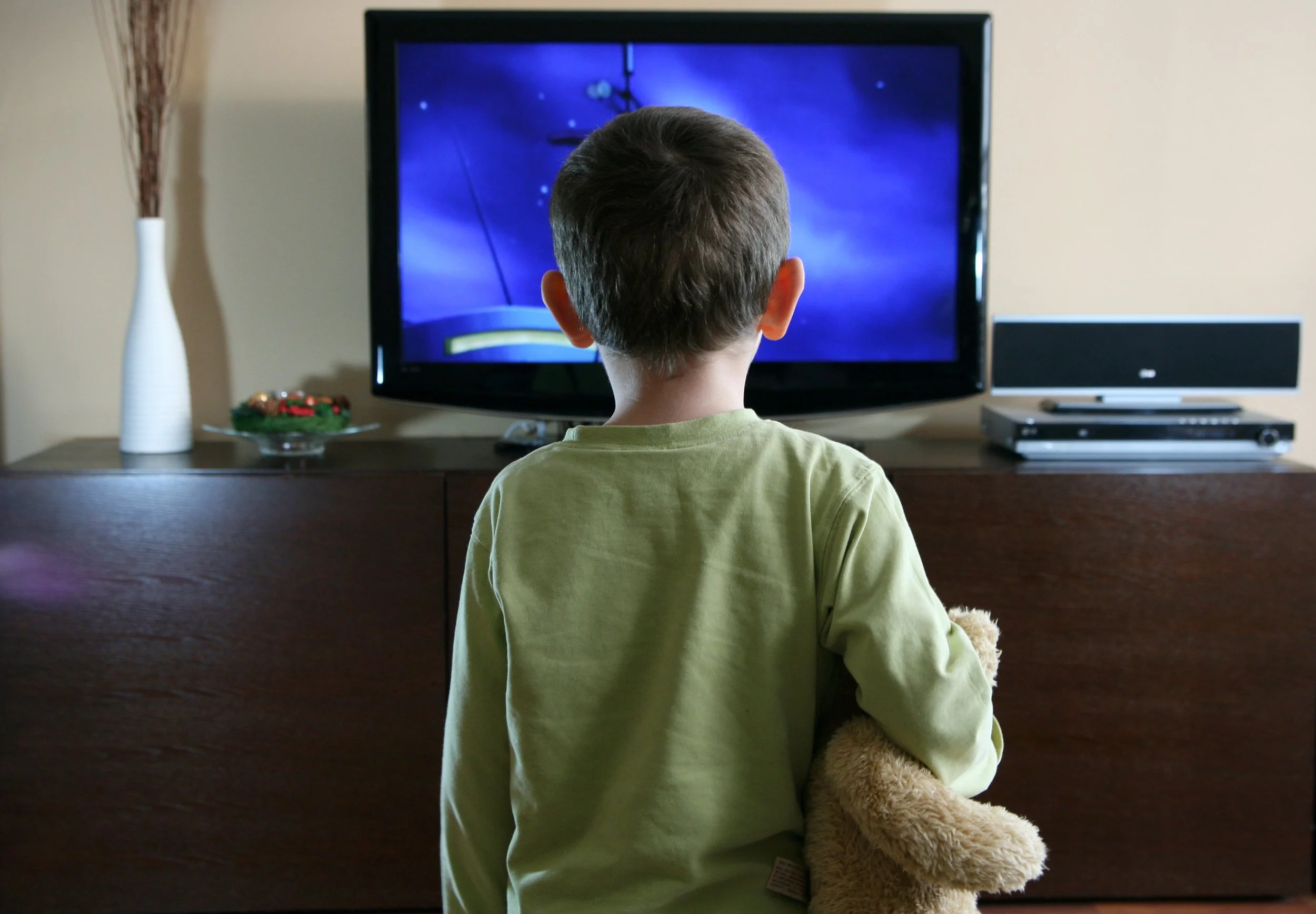NEWS for Young Learners
As a tutor, there is something magical about seeing students begin to make sense of things.
That moment where eyes light up — showcasing a tremendous understanding of the content — being able to see it play out in the world around them. Being able to look behind the content, to understand why something is, or what it is heading towards. It’s at that moment that I know I’ve done my job — that a student has sparked their own curiosity, and with it, a mindset that will serve them into their lives beyond the classroom.
This realisation often comes more naturally in mathematics and STEM subjects. Through repetition and experimentation, students begin to develop a sixth-sense for the outcomes of equations and patterns. I place strong focus on nurturing this kind of intuition in my STEM students — it’s a rewarding goal for both parties!
But in the social subjects — politics, business, economics, civics — this awareness is harder to come by. Many students aren't even aware of the climates that shape these disciplines. And who can blame them? Their days don’t start with newspapers. They start with TikTok scrolls — an app designed to reward instant gratification and social relevance. It’s addictive by design, and its algorithm doesn’t prioritise civic understanding.
That’s a worry. Your child may never use Pythagoras’ Theorem at work, but they will be influenced by politics, policy, and economics for the rest of their life. Whether they’re voting, renting, job-hunting, or budgeting — they’ll be navigating systems shaped by laws, leaders, and decisions made every day.
Even at work, they’ll need to understand how businesses respond to changing economic, social, and environmental pressures. These aren’t just abstract lessons — they’re survival skills in a competitive world. Knowing if your industry is on the way out, and realizing you must adapt is crucial.
This is why I encourage families to treat news engagement as a shared habit. When a student sees a real mechanism operating in the world — whether it’s inflation, taxation, or even wage policy — and connects it to a topic they’re learning, it fosters respect for how systems function. And more importantly, it builds intellectual independence.
Recently, I’ve been teaching supply and demand in Macroeconomics. Thanks to the current global climate, we’ve had no shortage of material to draw from — housing shortages, inflation, tariffs, interest rates. Suddenly, that curve on the page isn't theoretical. It’s the reason groceries cost more this month. And with that real-world anchor, the concepts stick.
These connections can and should be made at home too.
Ask what your child thinks about a news article.
Consider the factors influencing a price change?
Share a short podcast or news snippet during a drive.
Students, on their end, can take simple steps: spend five minutes reading a post, or just start asking more "why" questions! I’m personally a big fan of my daily news podcasts! Here is one a really like below!
